Learning Through Play: The Best Games That Teach Life Skills
Play is more than just a source of joy—it’s a vital pathway for learning. Through play, children and adults alike explore, experiment, and discover the world in ways that traditional instruction often can’t provide. Games, in particular, serve as engaging platforms for developing essential life skills such as teamwork, problem-solving, and communication. Whether played at home, in classrooms, or online, the right games can transform learning into an exciting adventure. In this article, we’ll explore a variety of games that nurture growth and prepare us for real-world challenges.
1. Chess
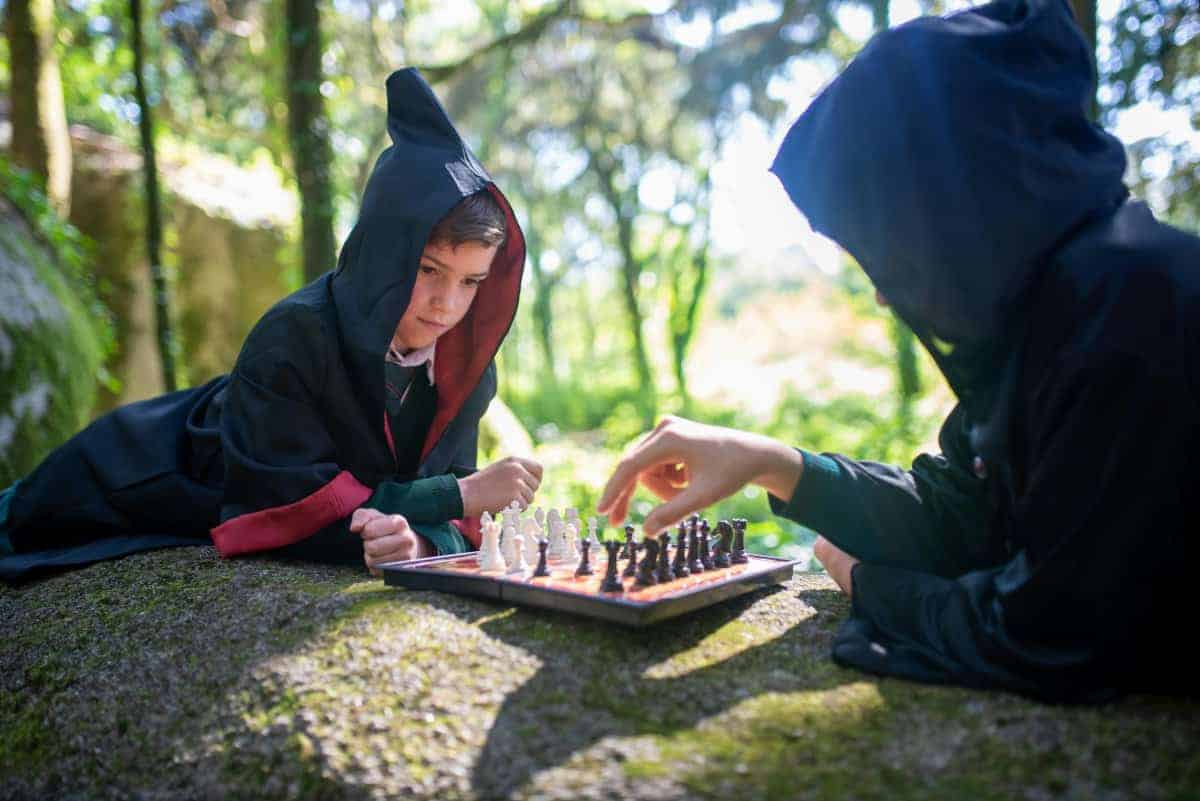
Few games rival chess when it comes to honing strategic thinking and patience. Each move requires players to plan ahead, anticipate opponents’ actions, and manage multiple variables simultaneously. These skills translate directly to real-life situations, such as making important decisions or solving complex problems. Unlike other logic games, chess is universally accessible—played by people of all ages and backgrounds around the world. Its timeless nature makes it both a classic mental workout and a valuable tool for lifelong learning.
2. Monopoly
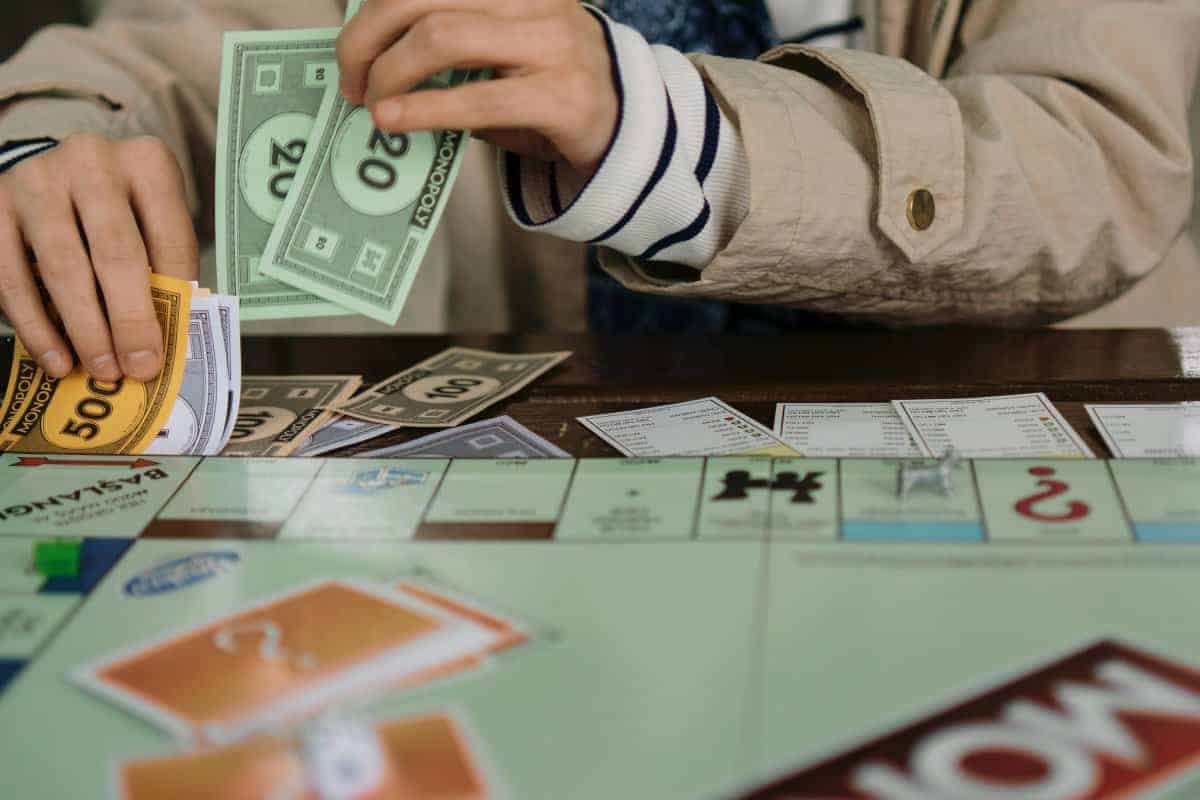
Monopoly is more than a family favorite—it’s a practical lesson in financial literacy and negotiation. Players must budget wisely, make investment choices, and manage resources under pressure, all while negotiating deals with others. Decisions like purchasing properties or taking risks mirror real-world money management and strategic planning. When compared to other economy-based games, such as The Game of Life, Monopoly stands out for its emphasis on risk-taking and negotiation, making it a powerful tool for teaching real-life financial skills.
3. The Game of Life
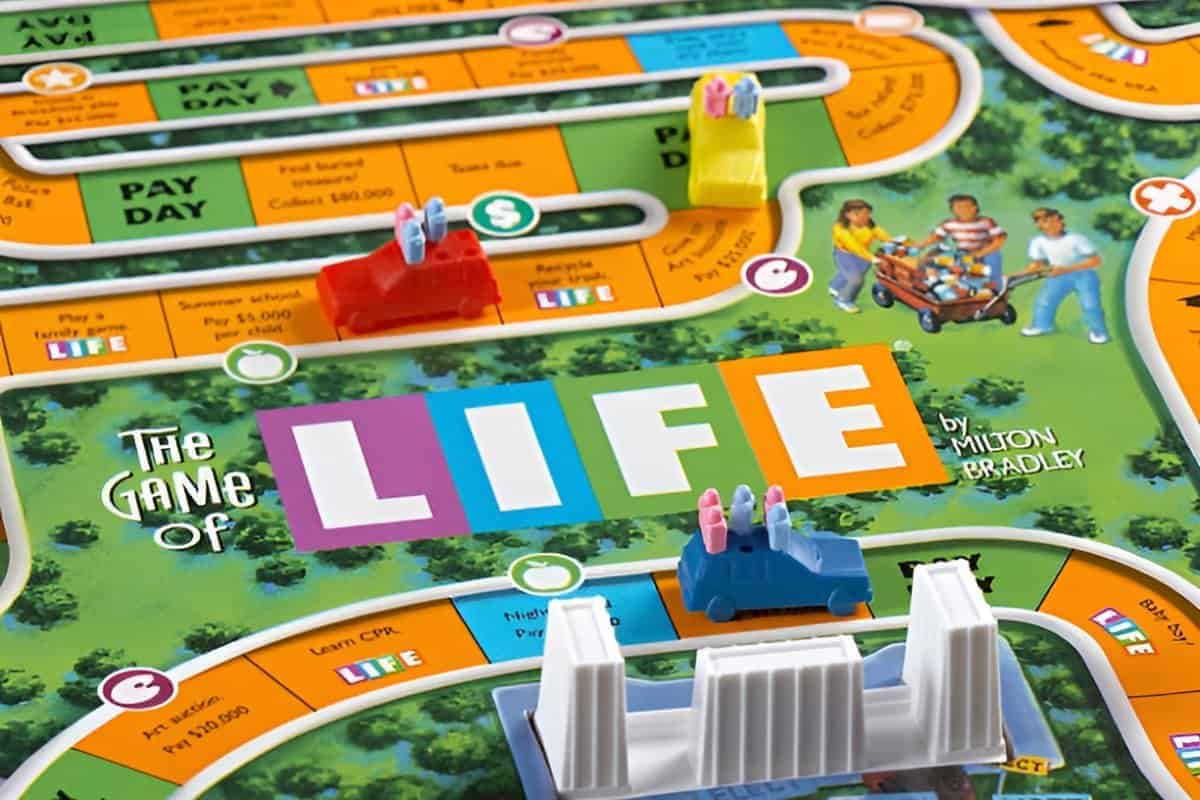
The Game of Life offers players a playful simulation of real-world experiences, from choosing a career path to navigating unexpected life events. As players advance, they make decisions on education, investments, and family, learning to balance ambition with practical planning. This game encourages adaptability by presenting both opportunities and setbacks, helping players understand the consequences of their choices. While it shares similarities with Monopoly in financial management, The Game of Life stands out by focusing on the entire life journey and the value of flexibility.
4. Pandemic
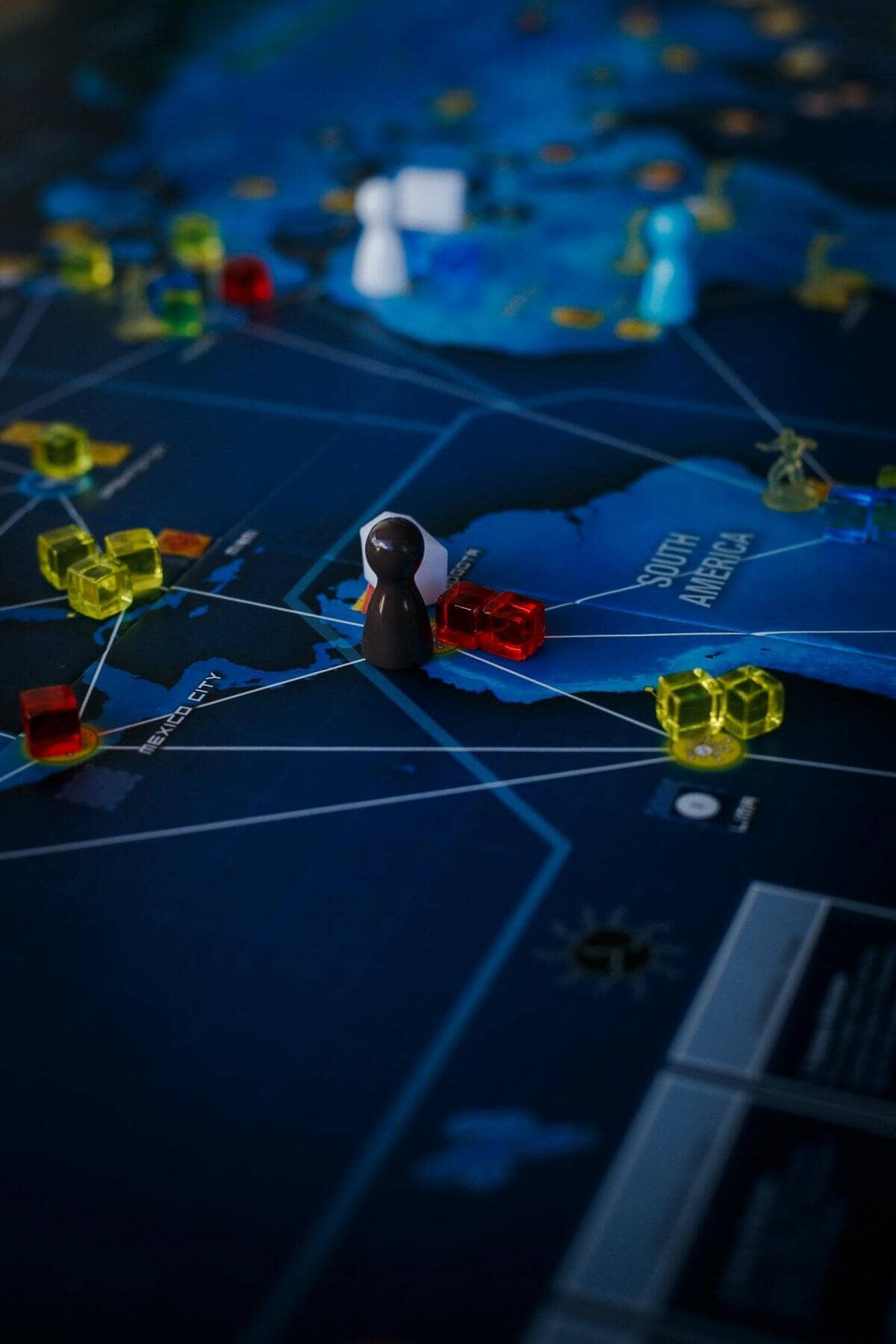
Pandemic is a standout cooperative game that requires players to work together against global outbreaks. Collaboration and clear communication are essential, as team members strategize and share resources to overcome crises. This game powerfully illustrates crisis management, teaching players how to remain calm and think collectively under pressure. Similar to other cooperative games like Forbidden Island, Pandemic emphasizes teamwork over competition, making it a valuable tool for building real-world collaborative and leadership skills.
5. Scrabble

Scrabble is a classic game for building vocabulary, spelling skills, and critical thinking. Players must creatively assemble words while maximizing their points through strategic tile placement. This encourages not only word recognition but also problem-solving as players adapt to changing boards and limited letters. Unlike other word games such as Boggle, Scrabble rewards strategy and foresight, making it both intellectually stimulating and a fun way to enhance language skills.
6. Minecraft
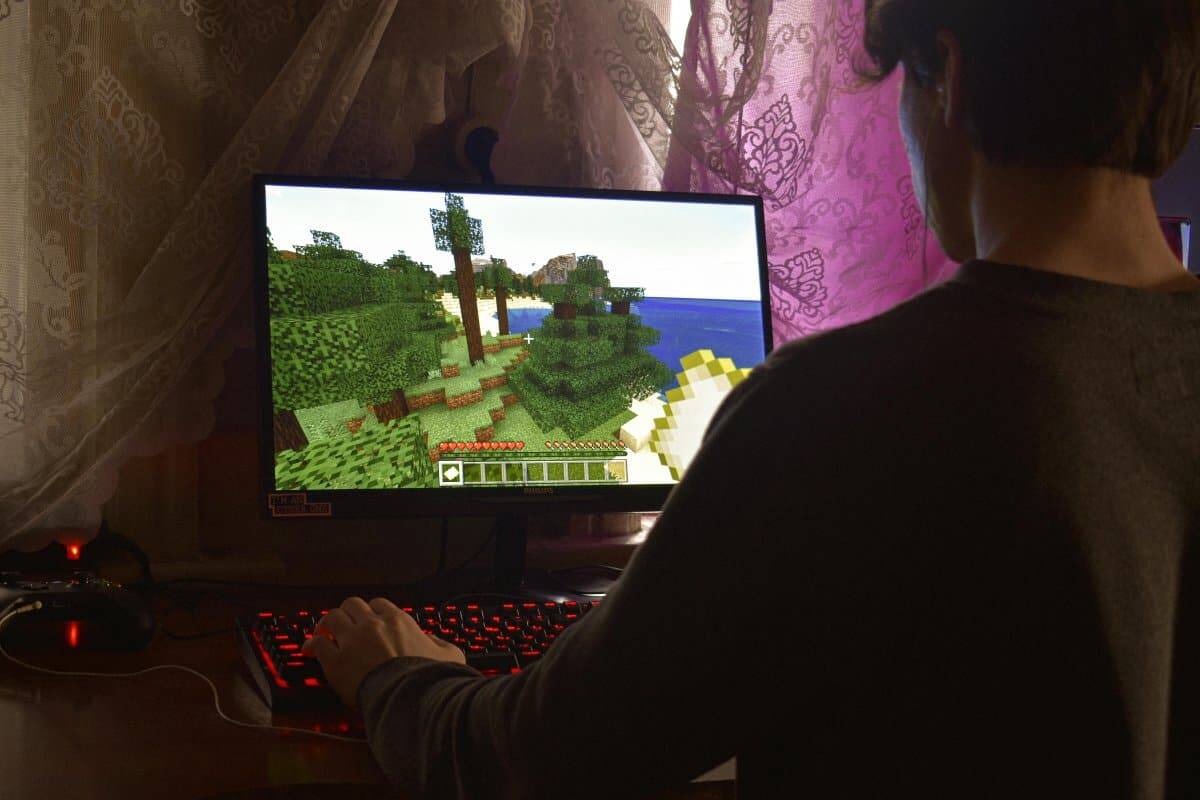
Minecraft stands out for its open-ended gameplay that sparks creativity and imaginative problem-solving. Players design worlds, build complex structures, and collaborate on ambitious projects, all while learning valuable skills like planning and resource management. The game also enhances digital literacy as players navigate coding, mods, and online teamwork. Much like building with Lego, Minecraft encourages both solo invention and cooperative play, making it an exceptional platform for nurturing innovation, collaboration, and adaptability in a digital landscape.
7. Codenames
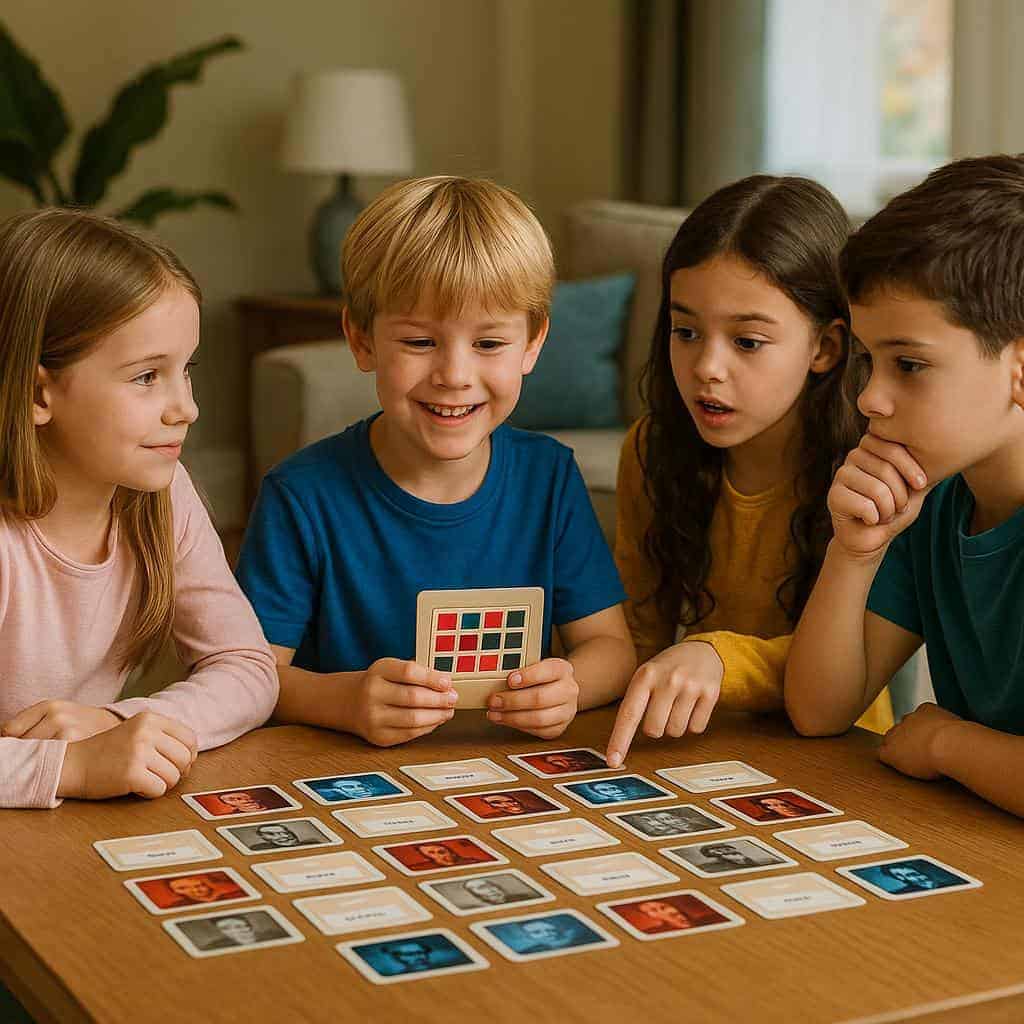
Codenames is a game where communication and teamwork take center stage. Players must give clever clues and interpret their teammates’ hints, sharpening both language and logic skills. The challenge lies in choosing words carefully—much like in Taboo—to guide teammates without revealing too much. This blend of deduction and verbal strategy not only makes Codenames engaging but also a valuable exercise in collaborative problem-solving and effective communication.
8. Dungeons & Dragons
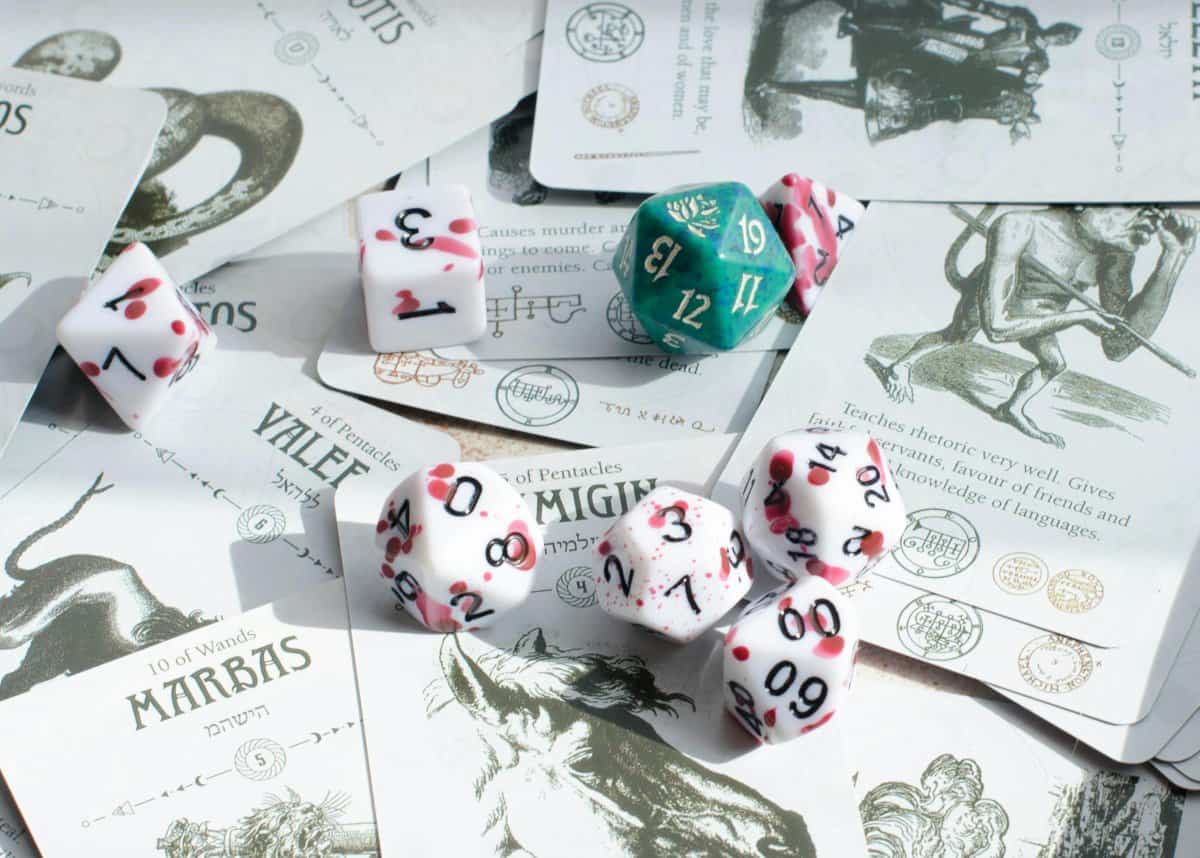
Dungeons & Dragons is much more than a fantasy adventure—it’s a dynamic engine for imagination, collaboration, and storytelling. Players create unique characters, navigating complex worlds and making decisions that shape the narrative. By stepping into different roles, they develop empathy and learn to appreciate diverse perspectives. Compared to other role-playing games, D&D offers unmatched depth in both story and decision-making, fostering creativity, teamwork, and critical thinking as players solve problems and overcome challenges together.
9. Pictionary

Pictionary transforms drawing into a lively exercise in visual communication and quick thinking. Players must express ideas nonverbally while teammates race to interpret their sketches under time constraints. This encourages creativity and adaptability, as participants find new ways to convey concepts without words. While similar to Charades, Pictionary focuses on drawing rather than acting, making it a unique and fun way to practice nonverbal expression and teamwork.
10. Jenga
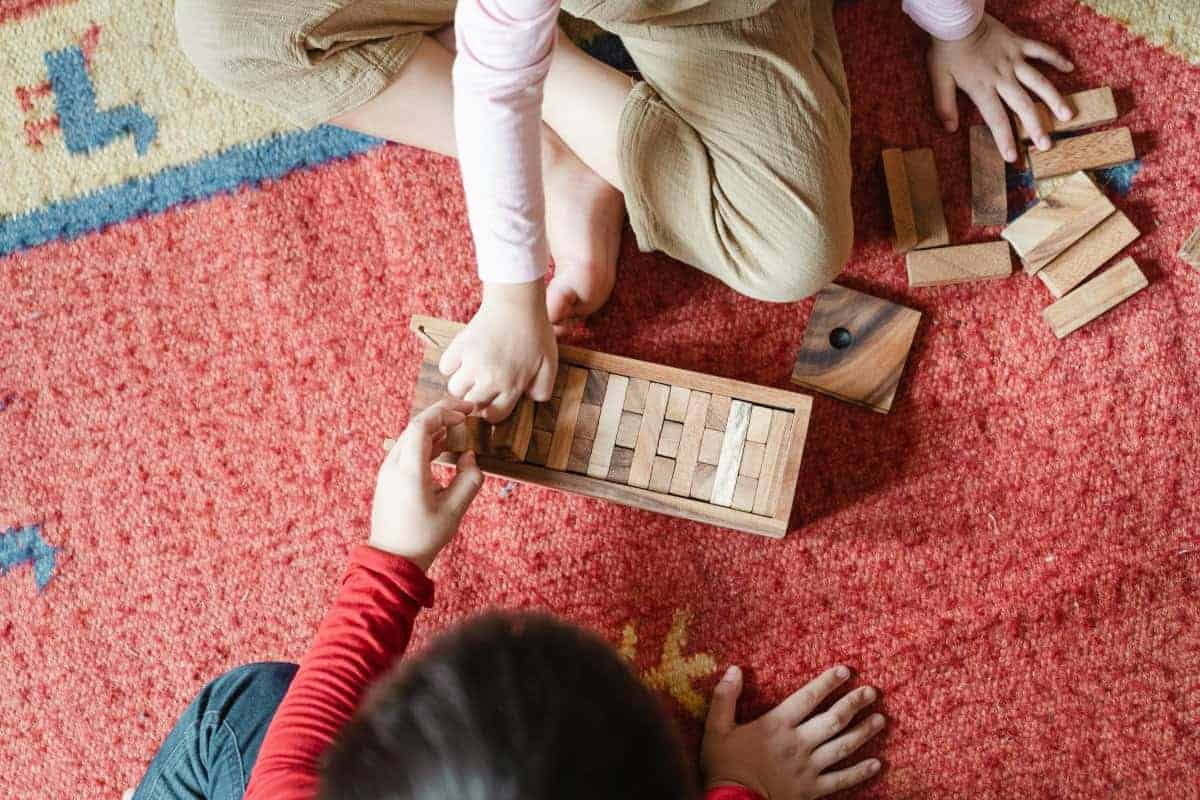
Jenga is a deceptively simple game that sharpens fine motor skills, patience, and concentration. Players must carefully remove and balance blocks, requiring steady hands and focused attention. The game also teaches risk assessment and thoughtful planning, as each move can determine success or failure. While Operation is another dexterity-based game, Jenga’s elegance lies in its simplicity and the suspense it creates, making every turn a valuable lesson in control and decision-making.
11. Ticket to Ride
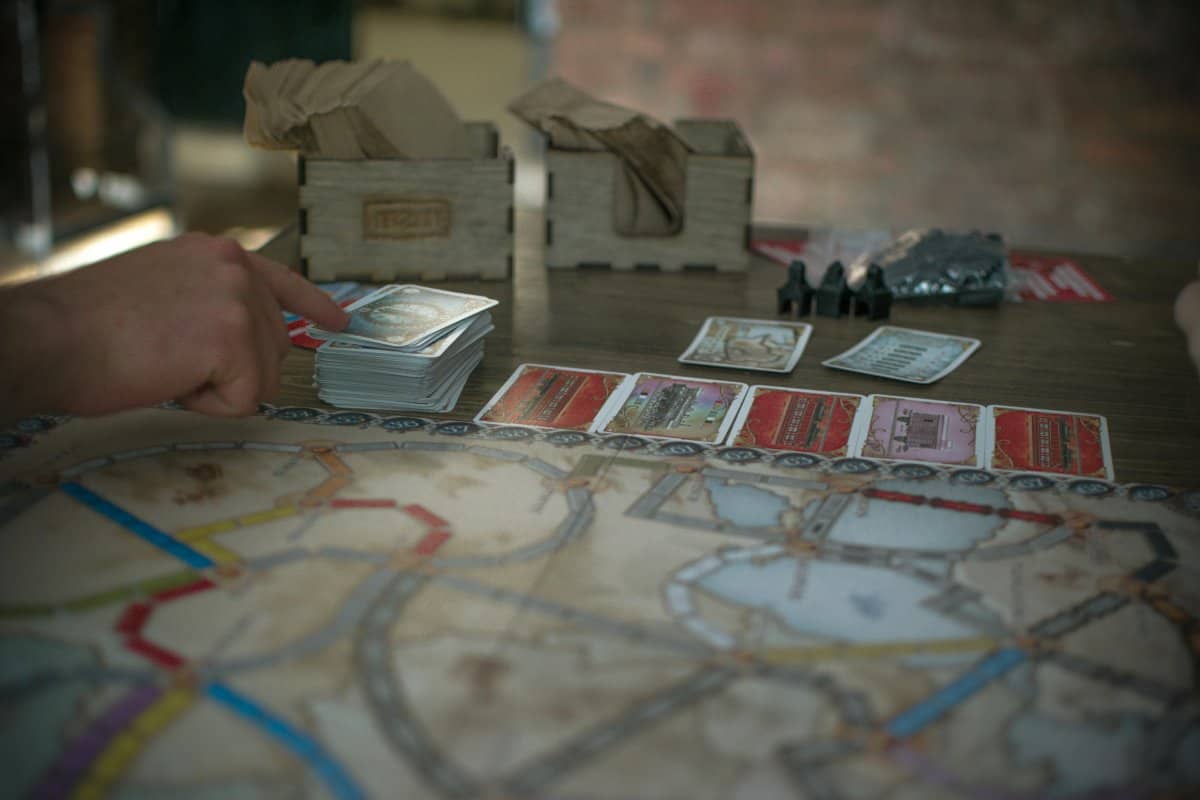
Ticket to Ride offers a fun and engaging way to build skills in planning, geography, and resource management. Players must strategize the most efficient routes and adapt quickly when opponents block their paths. The game introduces map-based thinking similar to Risk, but in a much friendlier and less confrontational environment. With its focus on long-term planning and flexibility, Ticket to Ride is ideal for teaching players how to think ahead and manage changing circumstances.
12. Animal Crossing
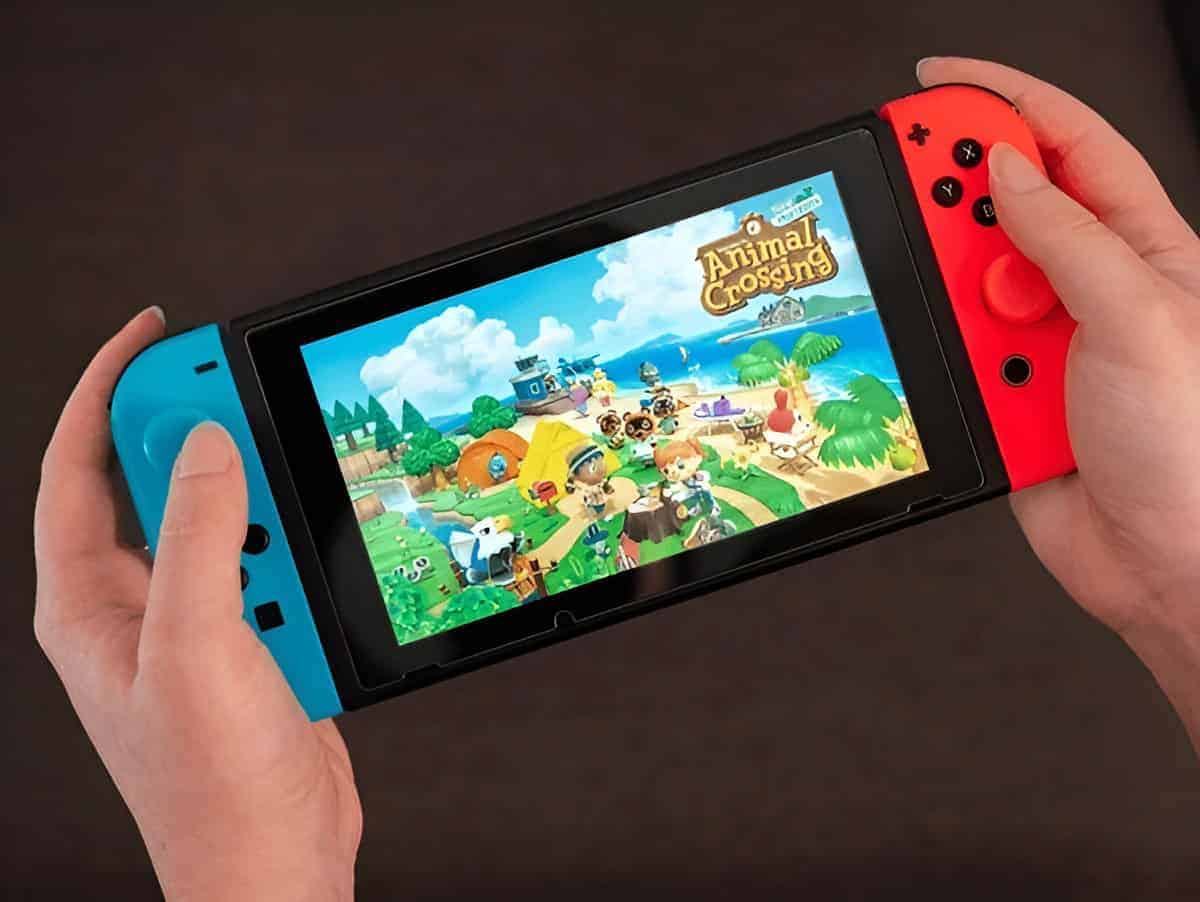
Animal Crossing takes a gentle, rewarding approach to community building, time management, and goal setting. Players create and customize their own villages, developing social skills through positive interactions with in-game characters and friends. The game encourages players to establish routines, manage resources, and set personal goals at their own pace. Like Stardew Valley, Animal Crossing focuses on daily life and nurturing relationships, making it an inviting environment for practicing patience, empathy, and long-term planning in a virtual world.
13. Simon Says
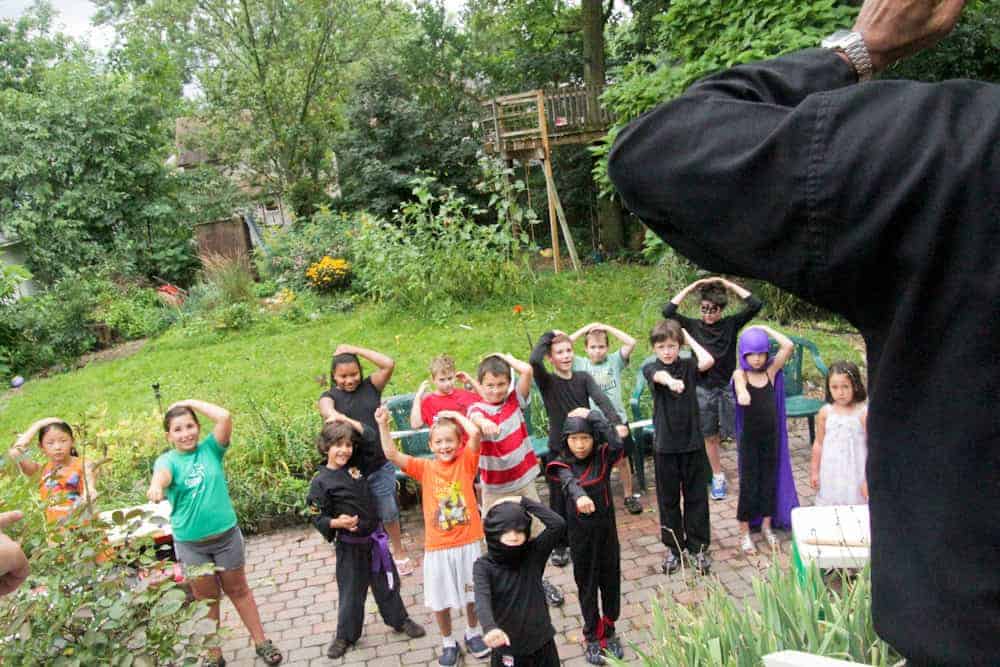
Simon Says is a classic game that sharpens listening skills, focus, and impulse control. Players must pay close attention and respond quickly, encouraging quick thinking and attention to detail. Much like Red Light, Green Light, the game emphasizes the importance of following instructions accurately. Simon Says is both fun and educational, making it a simple yet effective way to help children and adults practice self-regulation and careful observation.
14. Settlers of Catan
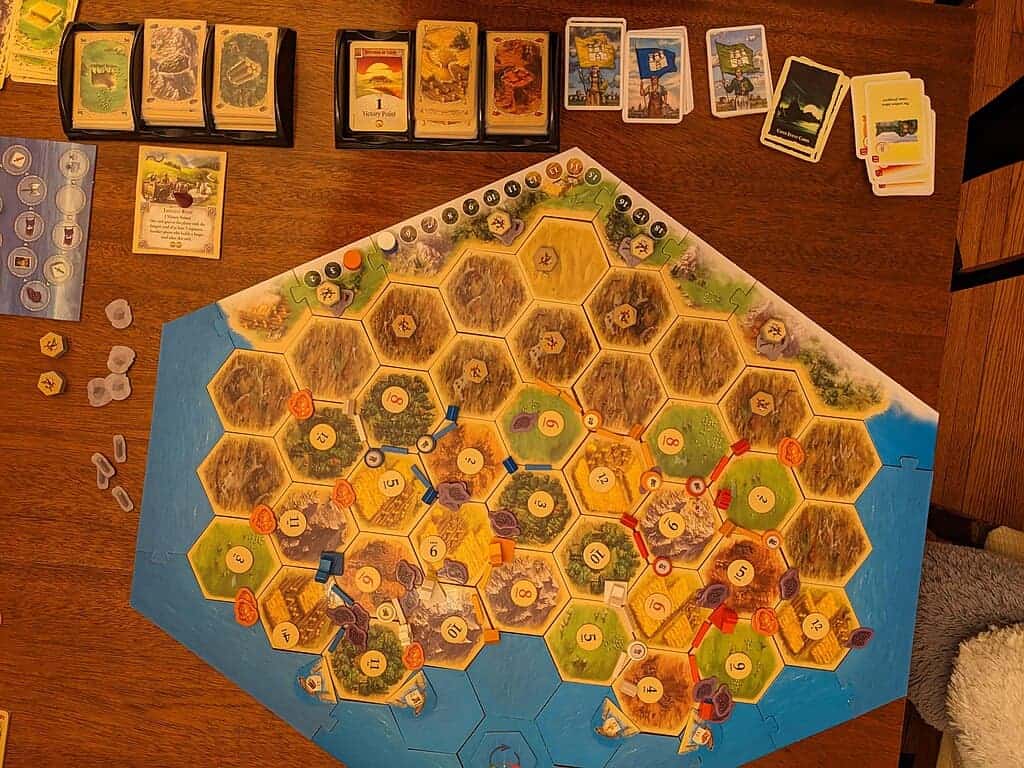
Settlers of Catan is renowned for teaching negotiation, resource allocation, and long-term planning. Players must balance cooperation and competition as they trade resources and expand their settlements. The dynamic board setup ensures each game is unique, requiring adaptability and flexible strategies. While similar to Carcassonne in its tile-based gameplay, Catan stands out for its emphasis on trading and social interaction, making it an excellent tool for developing economic and interpersonal skills.
15. Twister
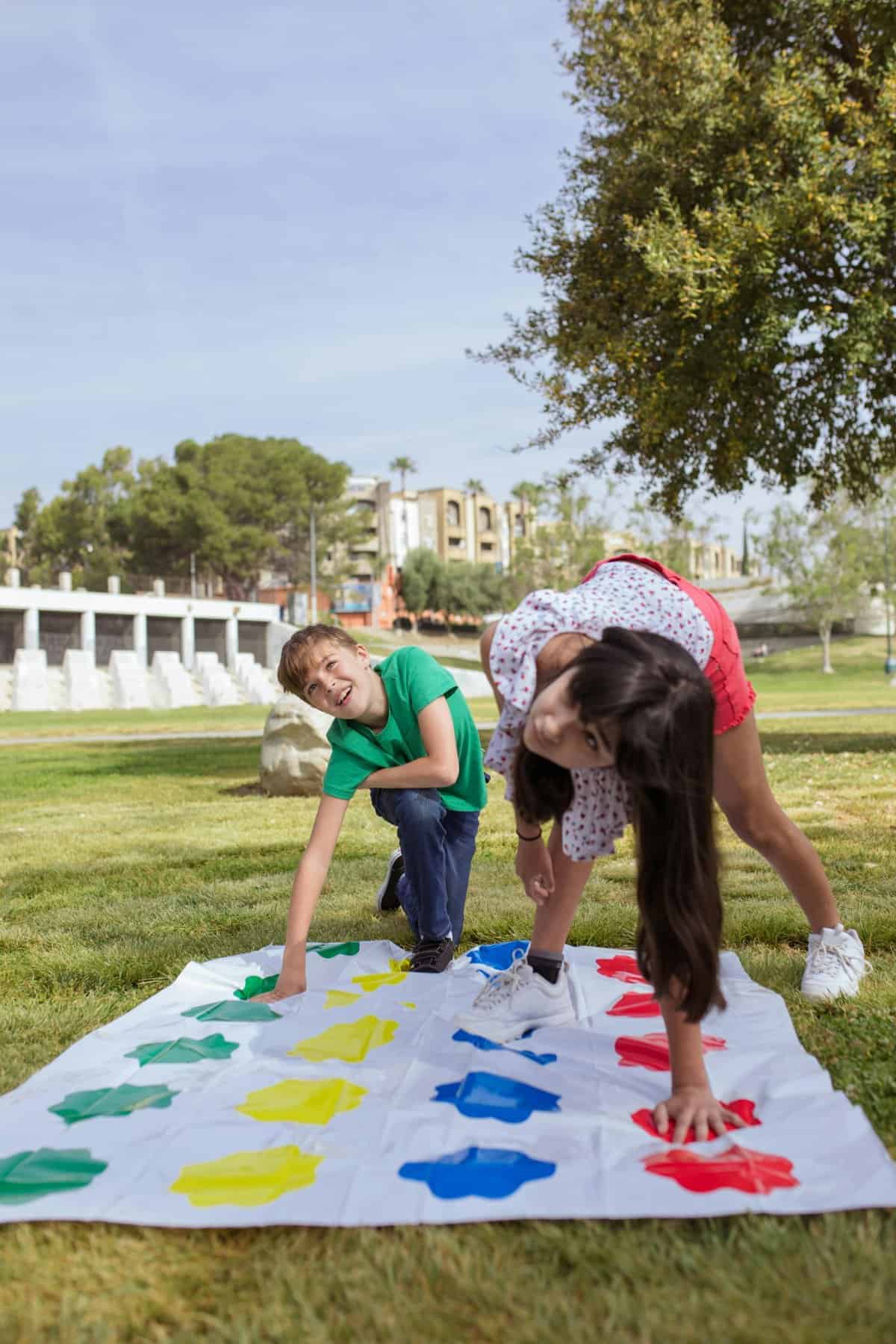
Twister brings play to the floor, promoting physical coordination, flexibility, and plenty of laughter. Players must work together and stay aware of their bodies as they twist and balance on colorful spots. Unlike the listening focus of Simon Says, Twister is all about active movement and quick reflexes. This energetic game not only boosts teamwork but also helps players develop body awareness and spatial skills in a fun, interactive way.
Conclusion
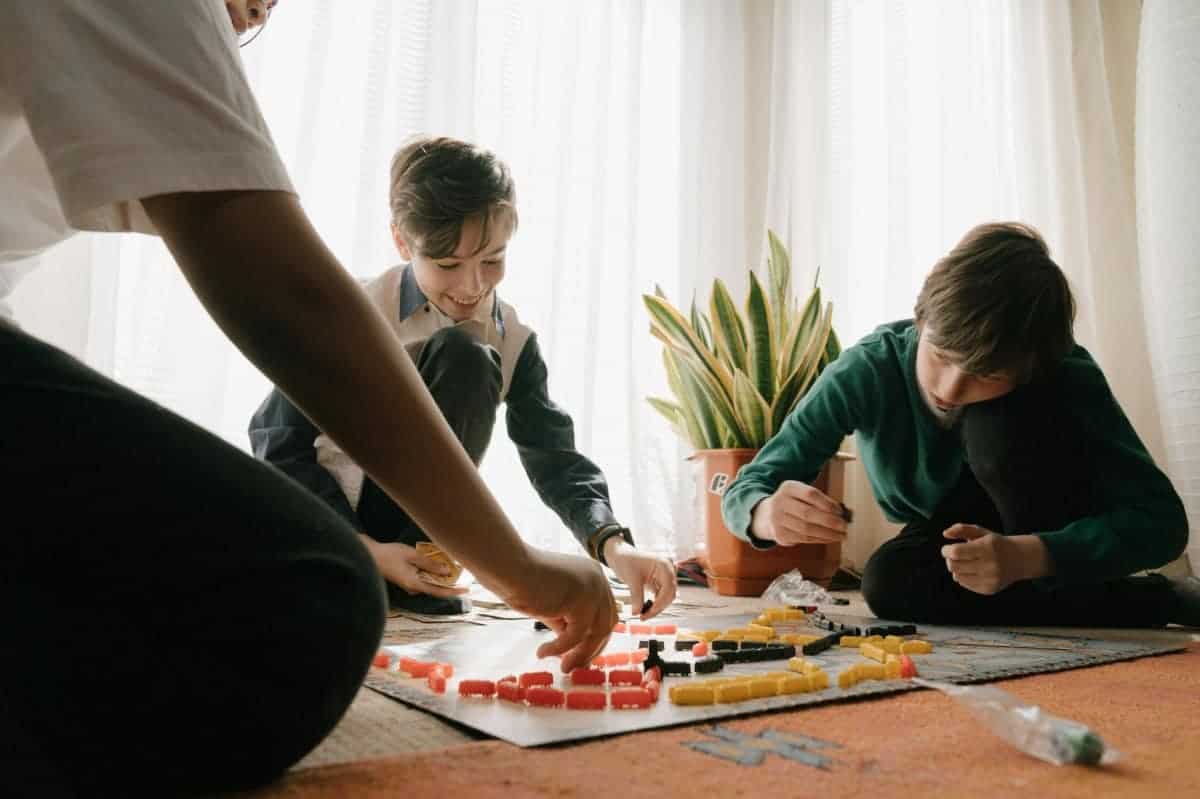
The world of games offers a rich landscape for learning, nurturing everything from strategic thinking and financial literacy to creativity and teamwork. By integrating play into our daily routines, we unlock opportunities for growth, self-discovery, and genuine connection with others. Whether it’s through classic board games, digital adventures, or energetic group activities, the lessons gained are both practical and lasting.
.article-content-img img { width: 100% }




